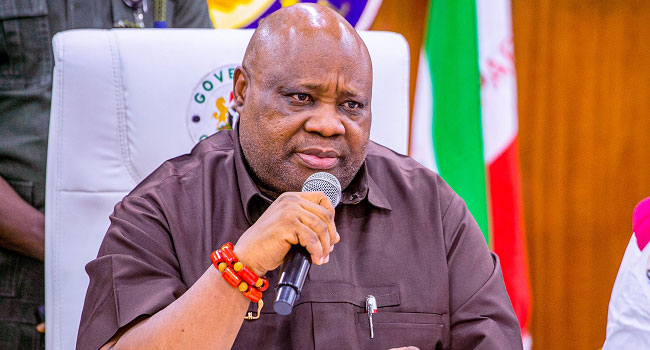Consumer loans taken by bank customers surged by 34% year-on-year to N2.64 trillion in the first half of 2023, reflecting a growing reliance on borrowing by households grappling with the escalating cost of living.
The National Bureau of Statistics reported a 10th consecutive month rise in inflation to 27.33% for October 2023, with food inflation reaching 31.52%. Factors contributing to the increased demand for loans include naira depreciation, food supply shortages, and other economic challenges.
Data from the Central Bank of Nigeria revealed that this 34% year-on-year growth in consumer loans during H1’23 is the highest in four years.
Banks have adopted measures such as digital innovations, simplified processes, and increased publicity to enhance loan accessibility.
Analysts attribute the surge in personal loans to the higher cost of living caused by inflation and naira depreciation.
The official exchange rate in both official and parallel markets has experienced significant depreciation, leading to increased inflation. Consequently, the cost of living has risen, triggering a surge in demand for consumer loans.
Banks have responded by making loans more accessible, leveraging digitization, flexible product design, and targeted marketing efforts.
Industry experts suggest that rising inflation and currency depreciation have reduced real income for households, leading them to seek debt financing to meet their existing obligations.
Increased demand for personal loans is driven by households looking for alternative sources of income to cope with economic challenges.
The growth in consumer loans, particularly personal loans, indicates that consumers are turning to borrowing to meet their financial needs amid the challenging economic environment.
Ada Peter



























